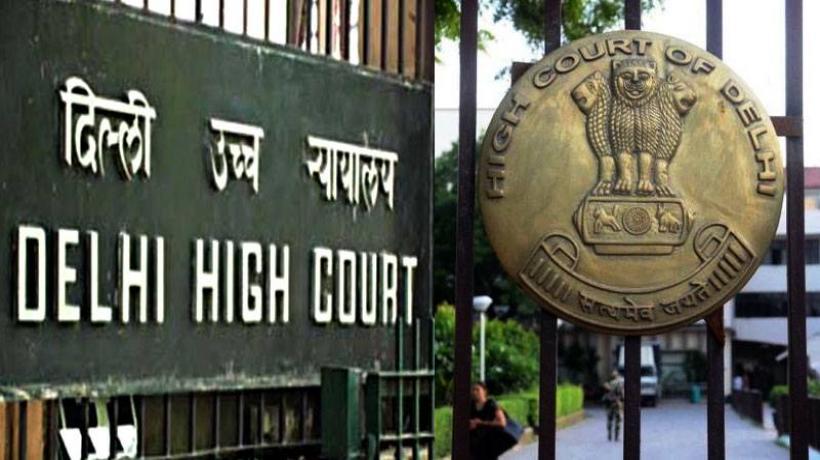


The Delhi High Court in the case Kendriya Vidyalaya Through the Principal And Anr v. Aryan Kumar Through Father Ravinder Kumar and Anr observed and has stated that the CBSE Examination Bye-Laws are in the nature of Central Bye-Laws and are not akin to Local State Acts or Regulations. The Division bench comprising of Acting Chief Justice Manmohan and Justice Mini Pushkarna in the case observed and has stated that the former would prevail, when there is contradiction and conflict in the CBSE Examination Bye-Laws and KVS Education Code. In the present case, the court made the said observations while upholding the order of single judge wherein it allowed the Class XI student of Kendriya Vidyalaya Shool, KVS is to be promoted based on the marks obtained by him in Physical Education, an additional subject, instead of Mathematics, which he had failed to qualify. The court in the case observed and has rejected the challenge of KVS wherein stating that the KVS Education Code stipulates that there is no provision for substitution of marks of additional subject, in case a candidate fails to secure the minimum qualifying marks in any main subject. The court stated that once the marks scored by respondent no. 1 in Mathematics in Class XI is being replaced with the marks scored by him in Physical Education in terms of the CBSE Examination ByeLaws, then respondent no. 1 fulfiled the criteria of having obtained 33% marks in each subject individually, in the theory and practical components as well as 33% marks in the aggregate. Therefore, the respondent no. 1 is held entitled for promotion to Class XII by applying the criteria as laid down in the CBSE Examination ByeLaws. The bench in the case underscored that there has to be uniformity amongst all the affiliated schools of CBSE in imparting education to students who appear in the examinations which is to be held by the Board. The court stated that if each school is permitted to apply different criteria for internal examination in Class XI, then the uniformity and the objective of the CBSE in framing Bye-Laws for their applicability across all affiliated schools would be lost. Thus, the conduct of Class XI examination internally necessarily follows the same pattern and standard, as it is being applicable to Class XII examinations which is conducted by the CBSE.